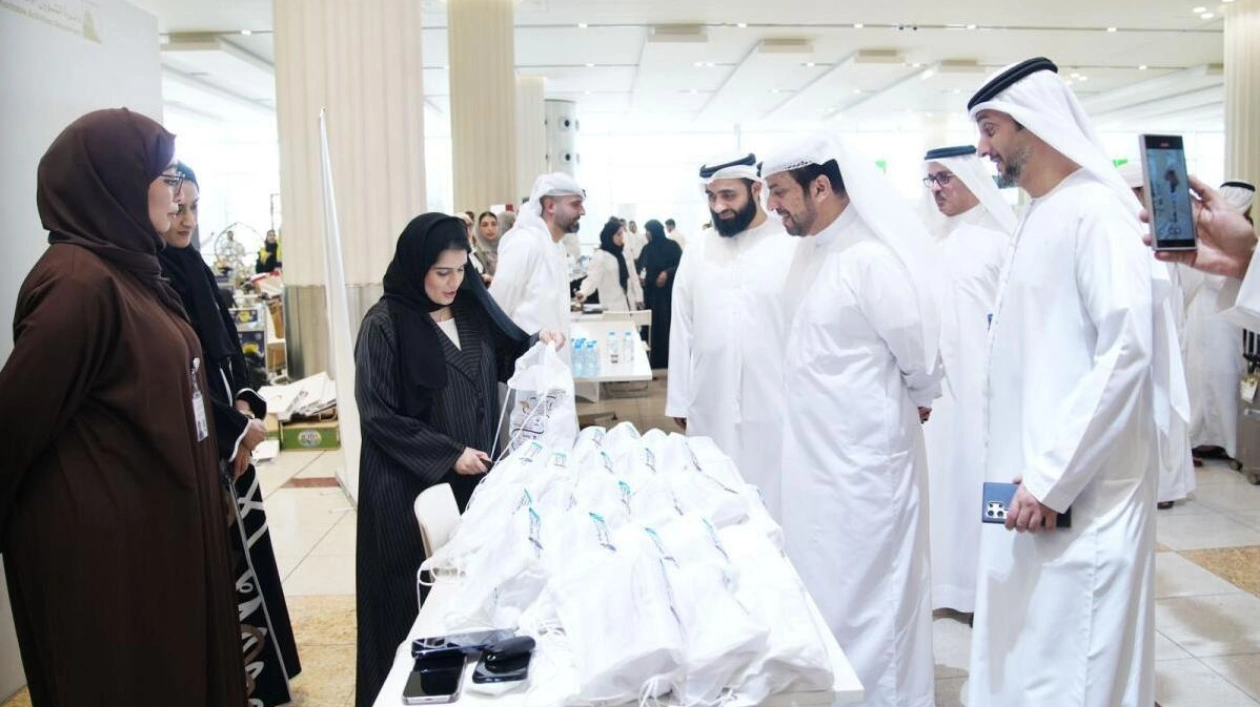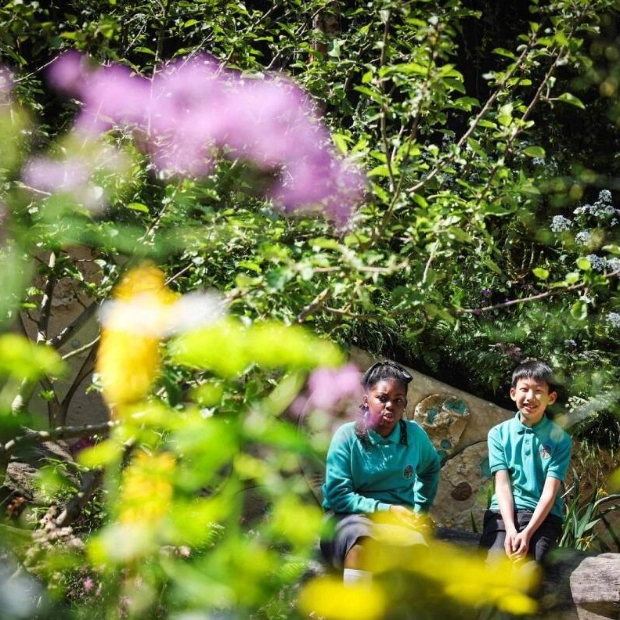For Indian national Muteeullah Qureshi, fulfilling his childhood aspiration of performing Haj with his mother has been a long-awaited moment. After over five years of attempts, he is now realizing his dream. Speaking to Khaleej Times from Makkah, he recounted, 'When my mother saw the Kaabah, she began to weep. All the years of longing and prayers have culminated this year, and I am deeply grateful.' Qureshi is among the millions of Muslims worldwide who journey to Makkah for the Islamic pilgrimage of Haj, one of the five pillars of Islam, which is obligatory for all capable Muslims with the means to undertake it at least once in their lives.
However, Qureshi's journey was not without challenges. 'In 2019, I paid for the pilgrimage for the next year, but then the lockdowns occurred,' he explained. 'The funds were refunded, and I was devastated.' Eventually, he secured a spot through the Indian government's quota and this year, he performed the pilgrimage with his wife, mother, and elder sister. Prior to his departure, he arranged for the care of his three children, aged 12, 9, and 2, by bringing his brother's wife from India to Dubai, where his brother, a pharmacist, resides.
Leaving his two-year-old daughter in Dubai was particularly difficult for Qureshi. 'She is very attached to me, and I miss her terribly,' he shared. 'But I find solace in the Sunnah of Prophet Ibrahim, who was commanded to leave his child behind.' According to Islamic belief, Prophet Ibrahim was instructed by God to leave his wife and child in the desert. When the child cried, his wife Hajar searched for water by running seven times between two hills, leading to the miraculous formation of the Zamzam well at the child's feet. This well, over five thousand years old, remains a vital water source in Makkah, quenching the thirst of millions annually.
While Qureshi experiences his dream, thousands of others await their opportunity to perform Haj. Emirati Noora T., for instance, is eager to join her siblings and their families on the pilgrimage. 'I applied, but with the limited annual allowance, we haven't had our chance yet,' she noted. Observing friends undertake the physically demanding journey, Noora is keen to perform Haj soon to complete the rituals to her fullest capability.
Haj involves a series of rituals over at least four days in Makkah, culminating in prayers at Mount Arafat on the second day, followed by a night in Muzdalifah and the stoning ceremony in Mina. The allocation of Haj quotas, based on the Muslim population in each country, presents challenges for inter-country couples like M. Husainy, who holds a German passport, and her husband, Salman Ali, with a Pakistani passport. 'We've approached numerous travel agents in both countries, but the rigid procedures deter even guidance,' Husainy explained. Currently, they are exploring options, including dual citizenship, to overcome these restrictions.






